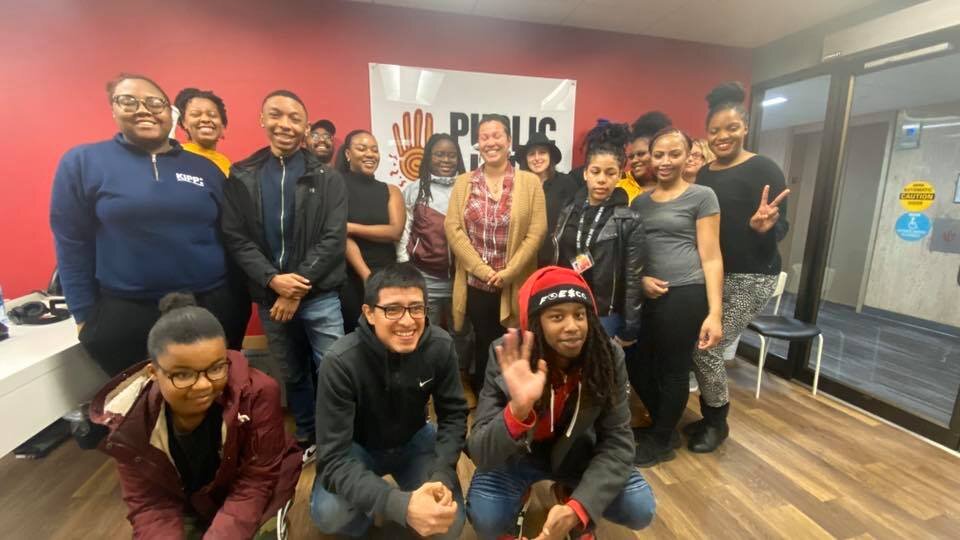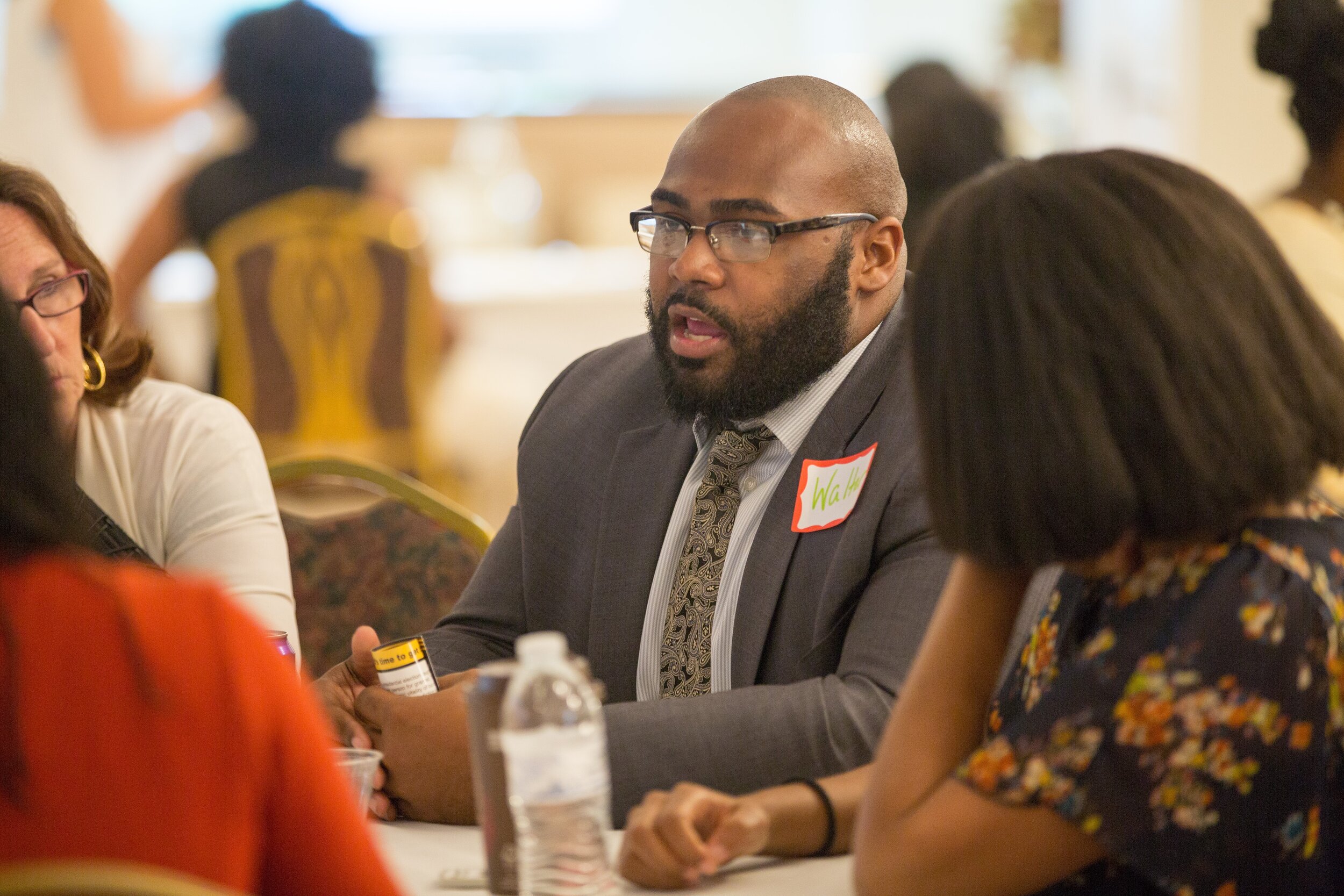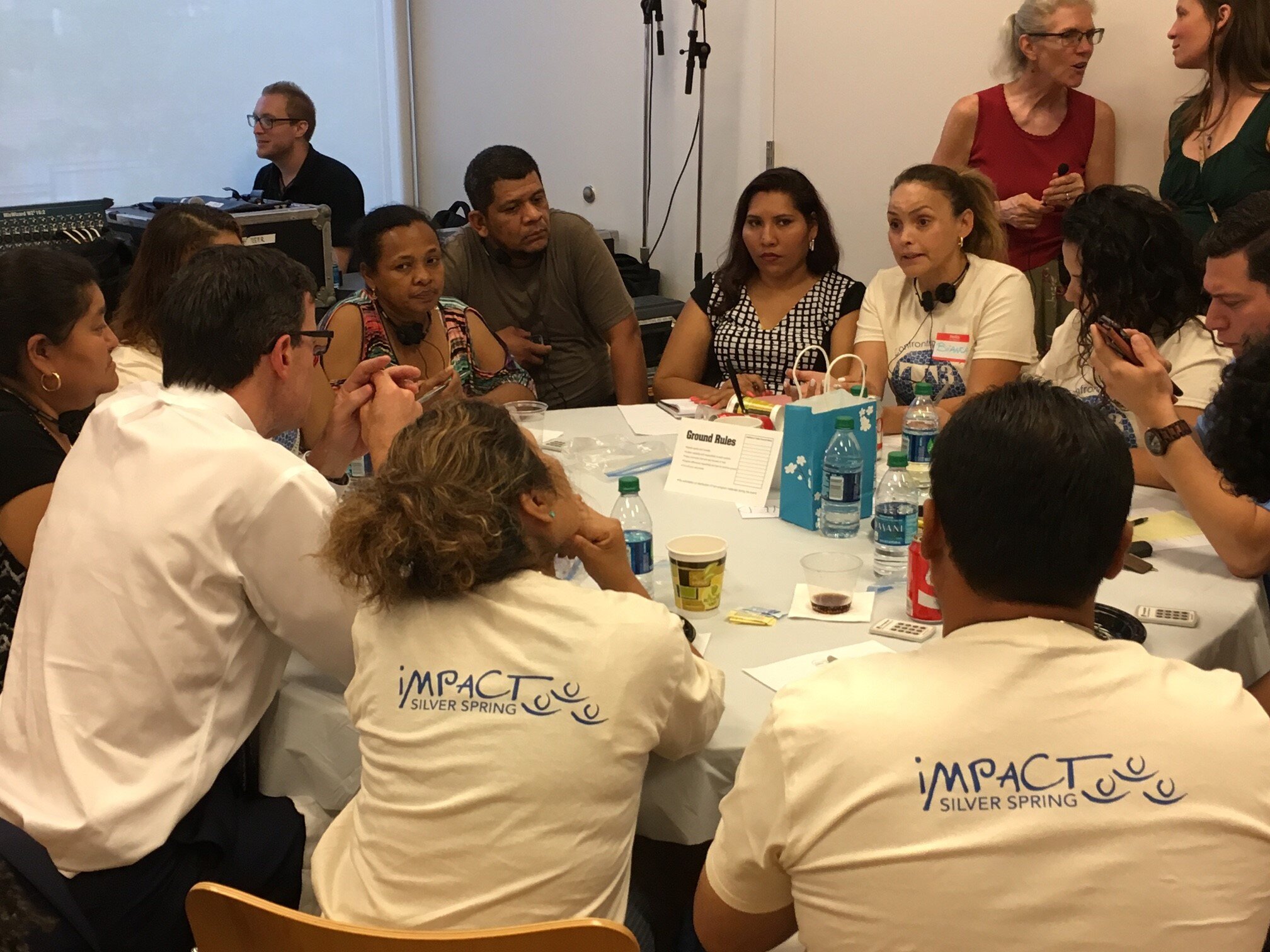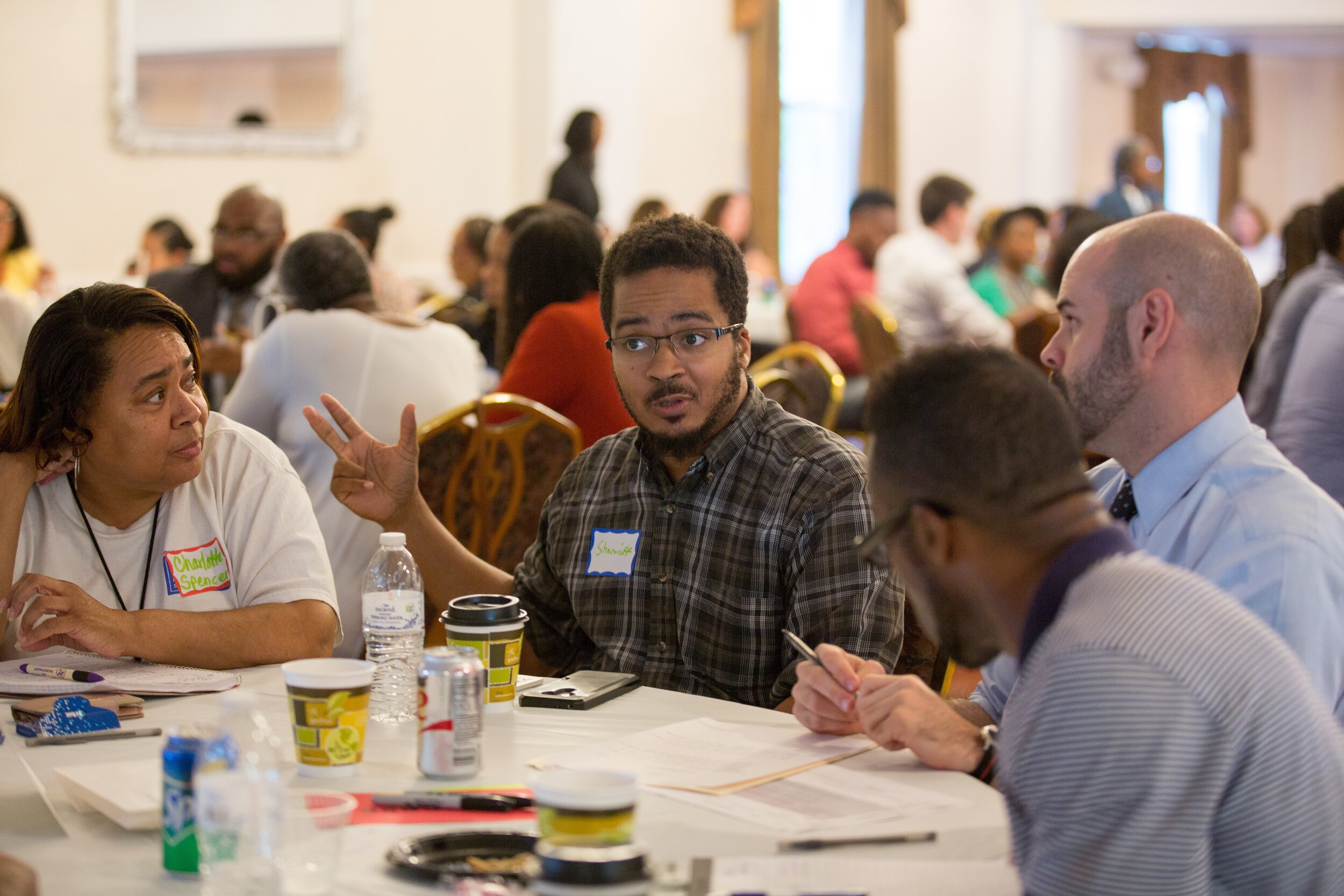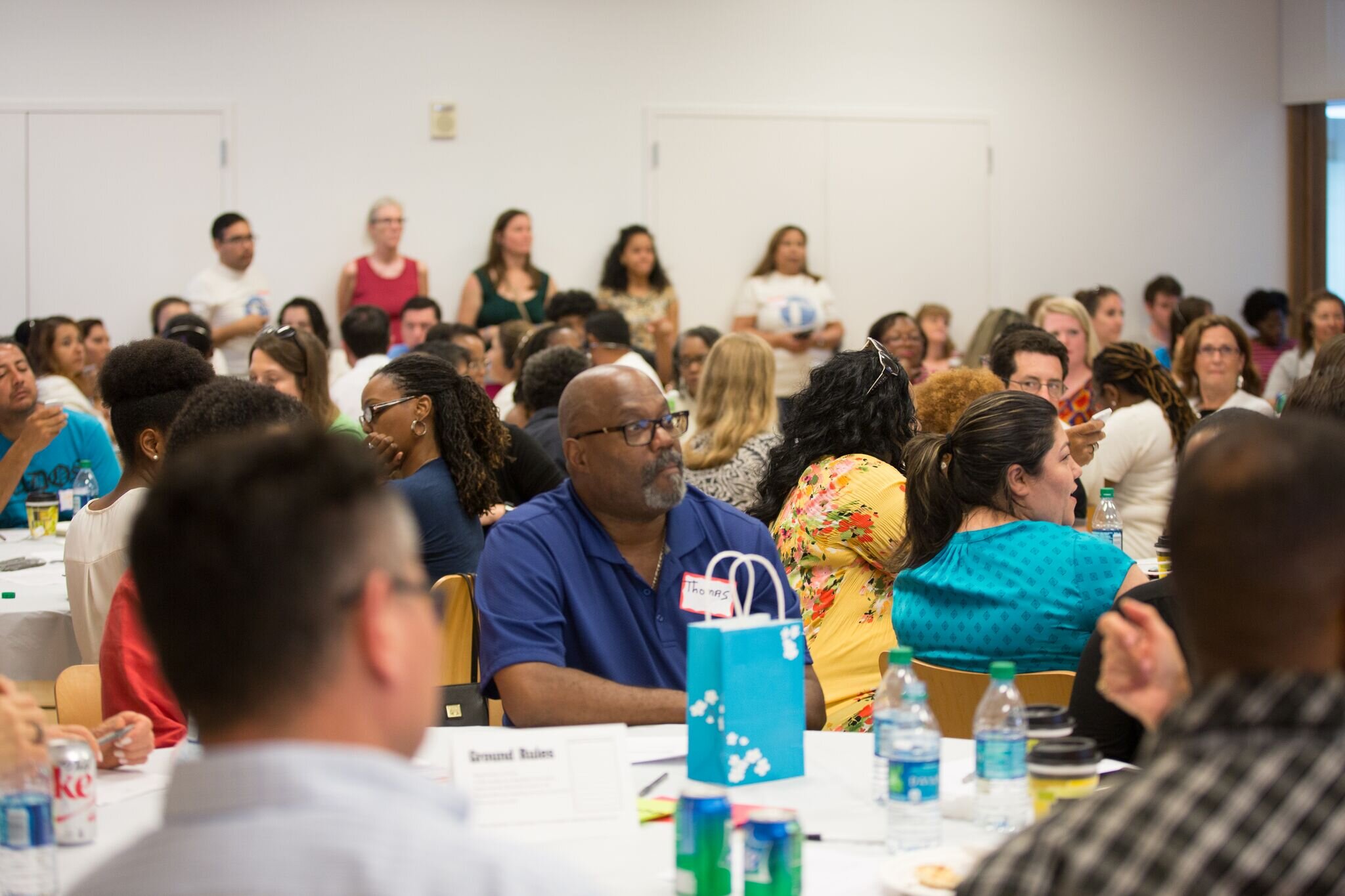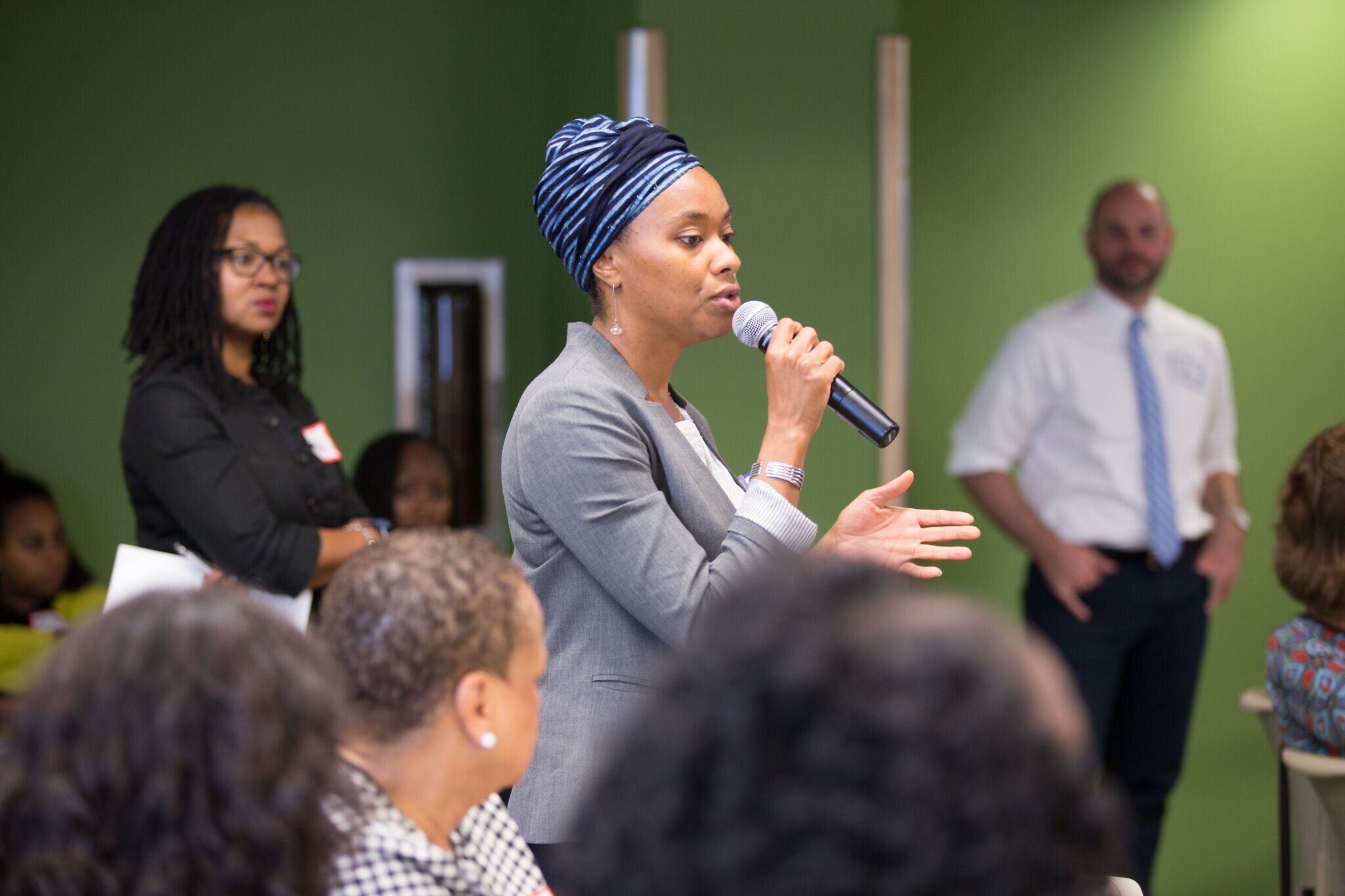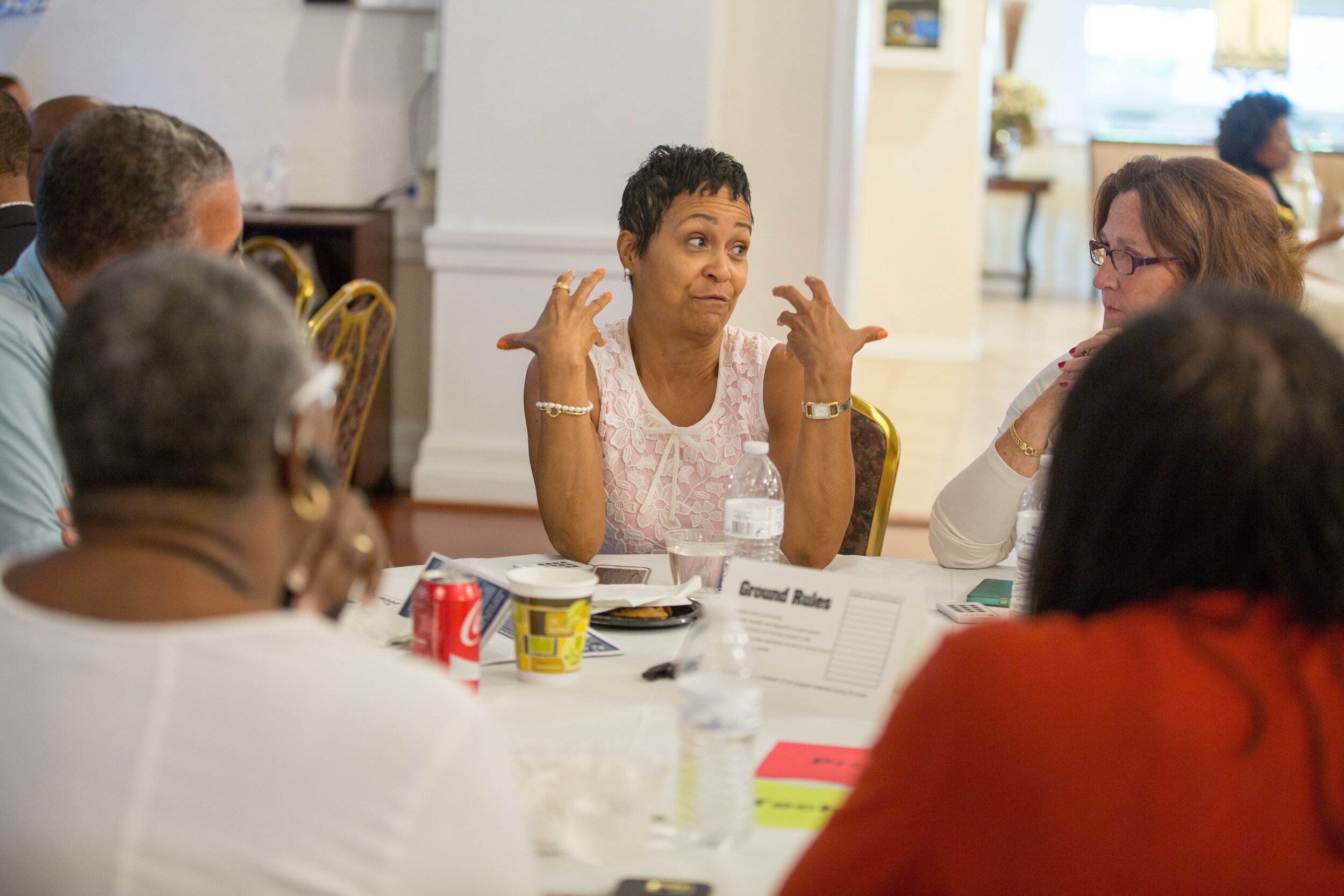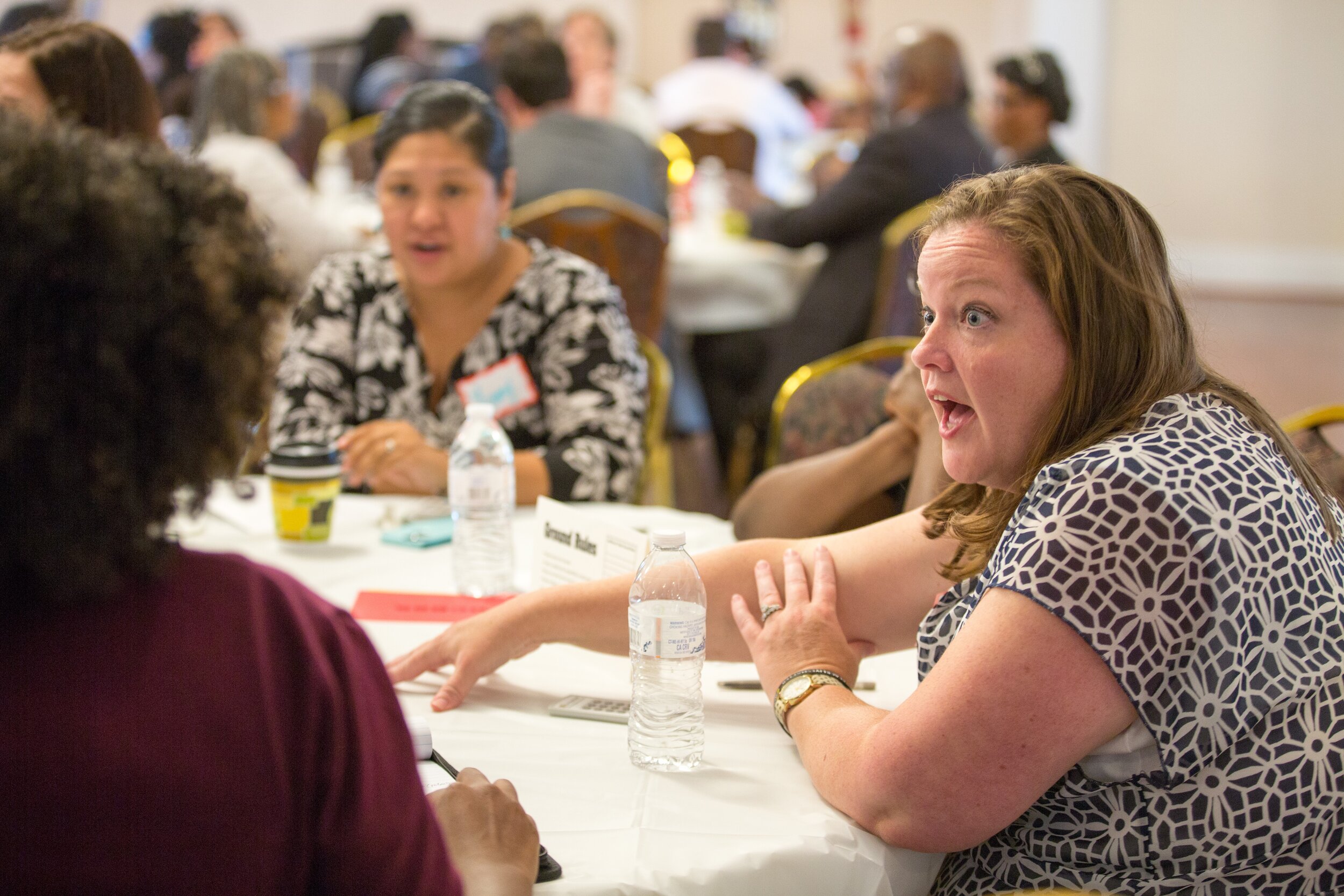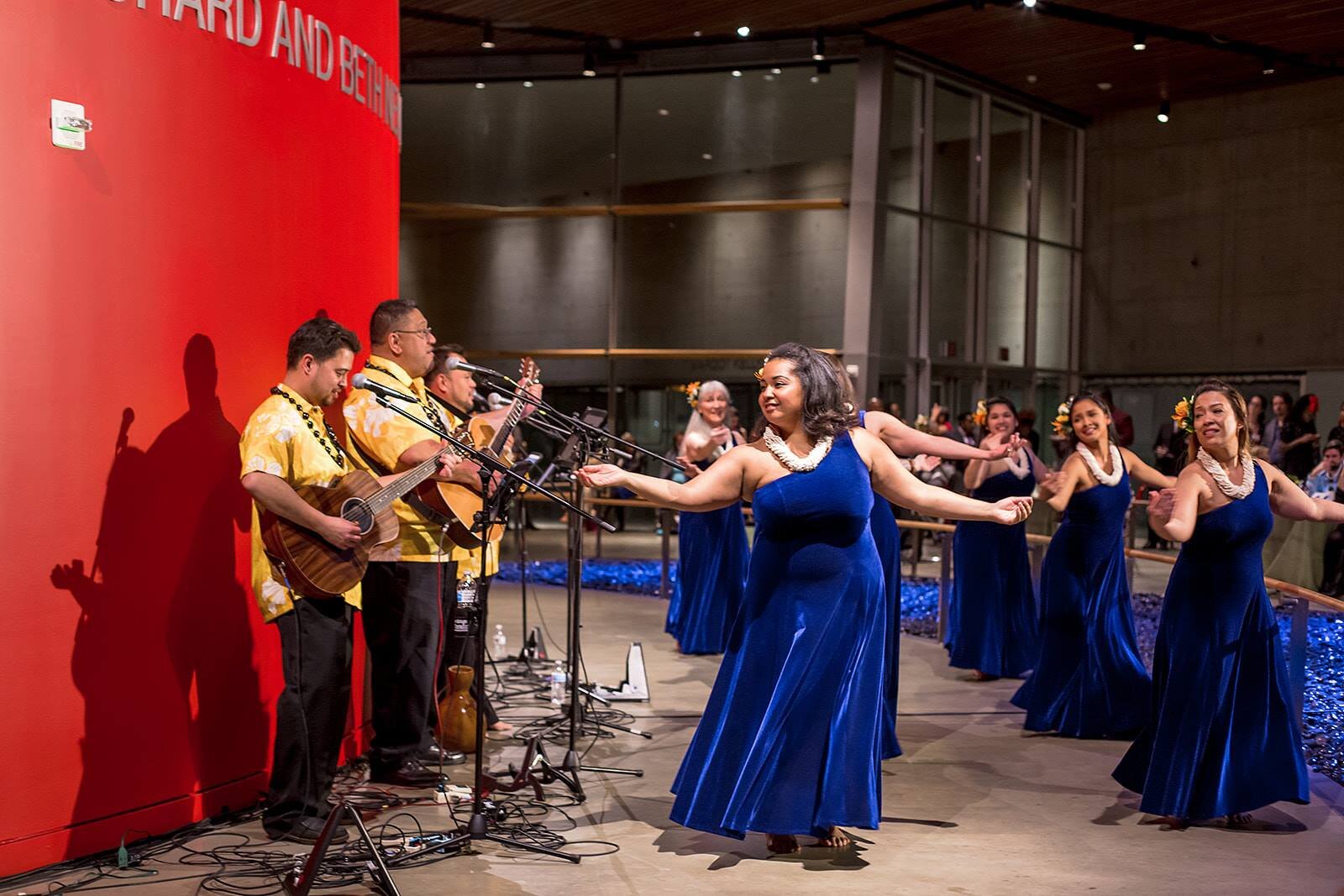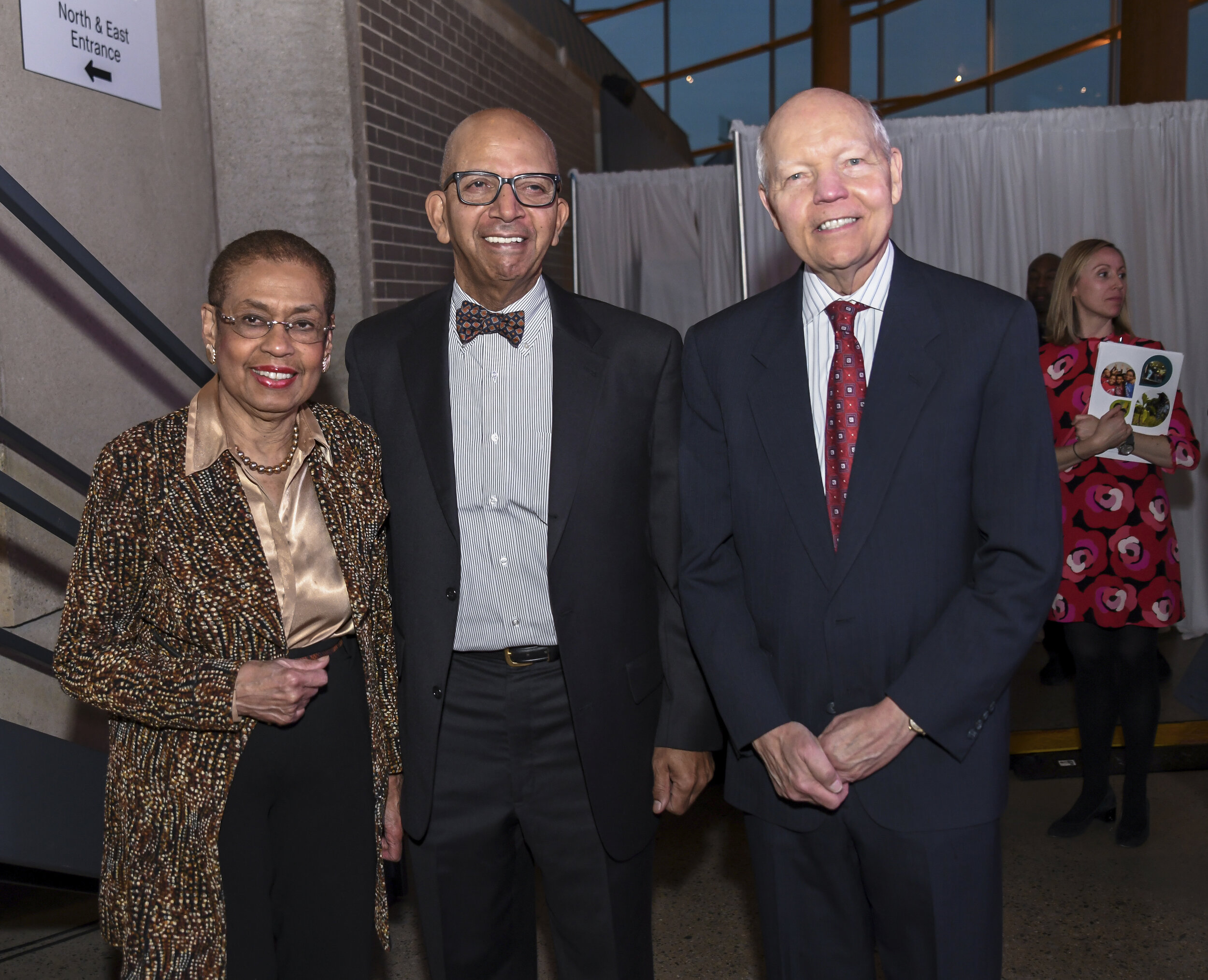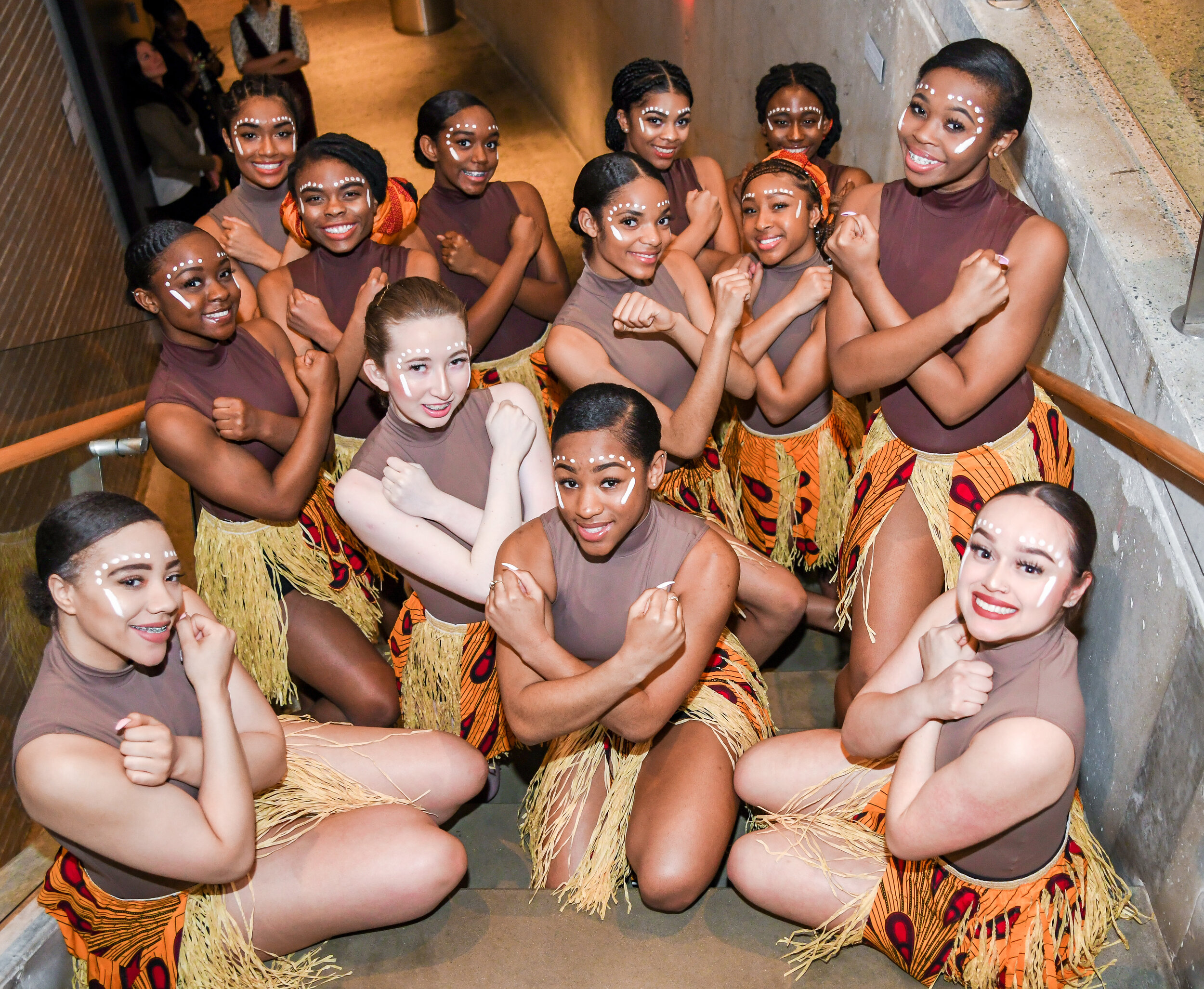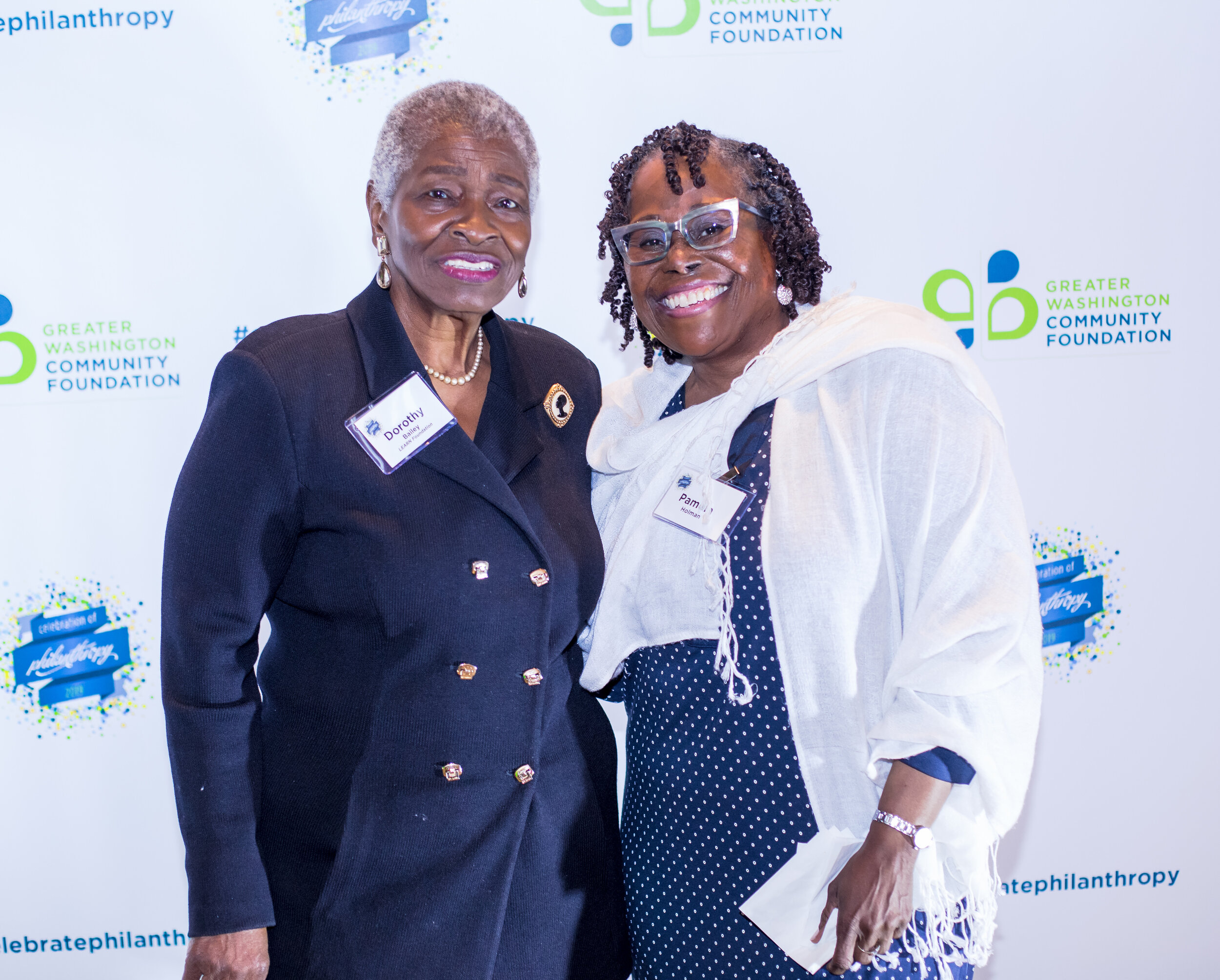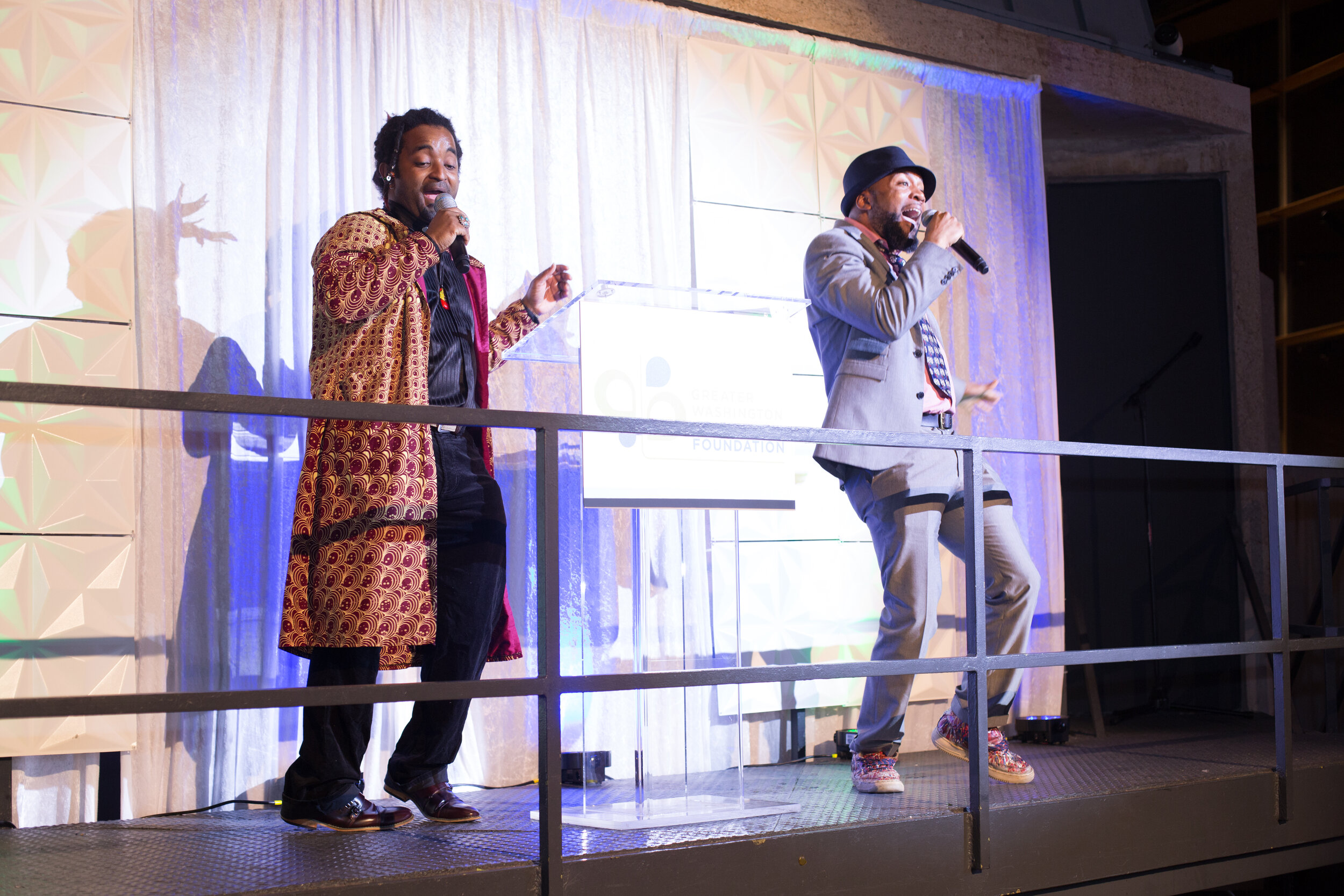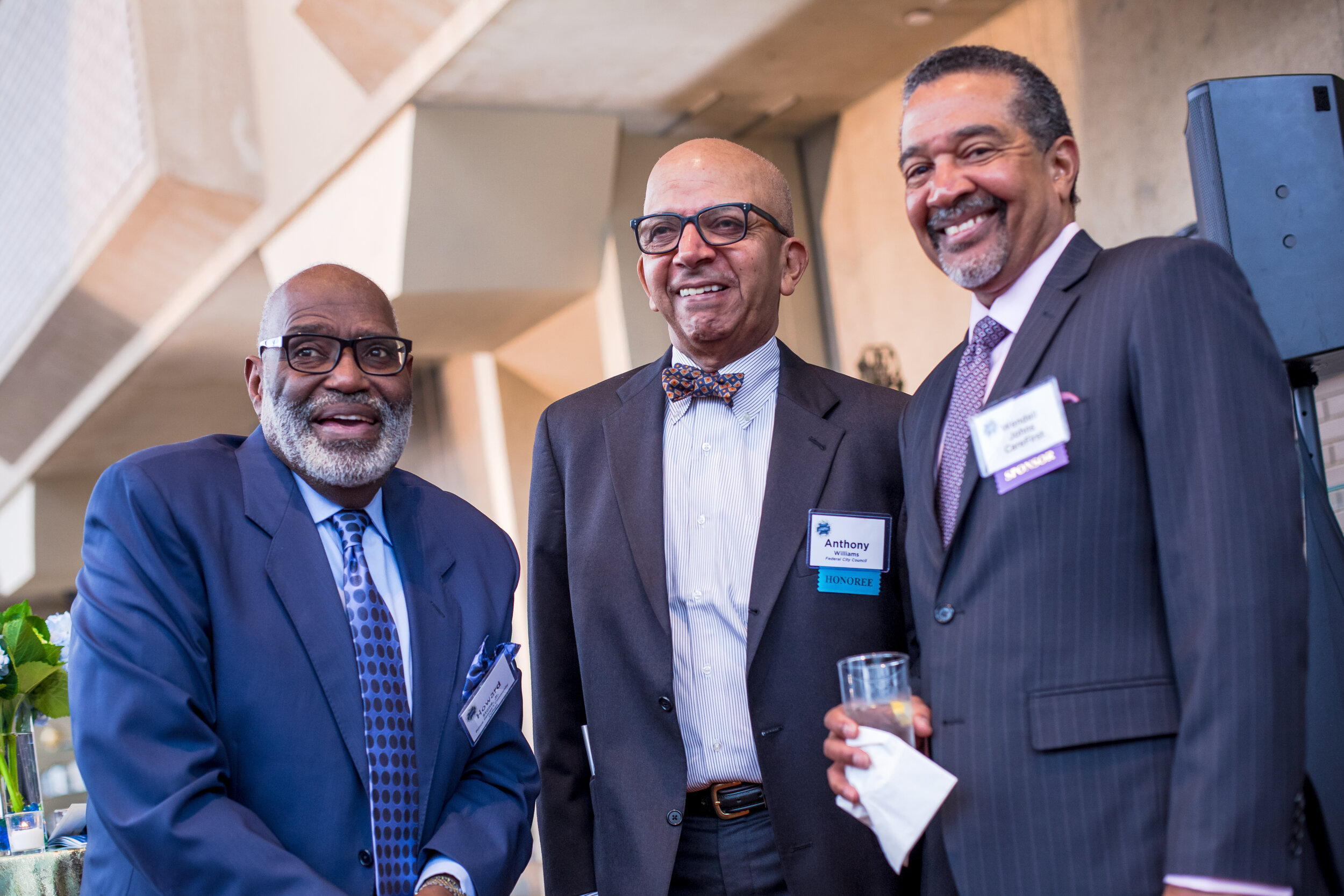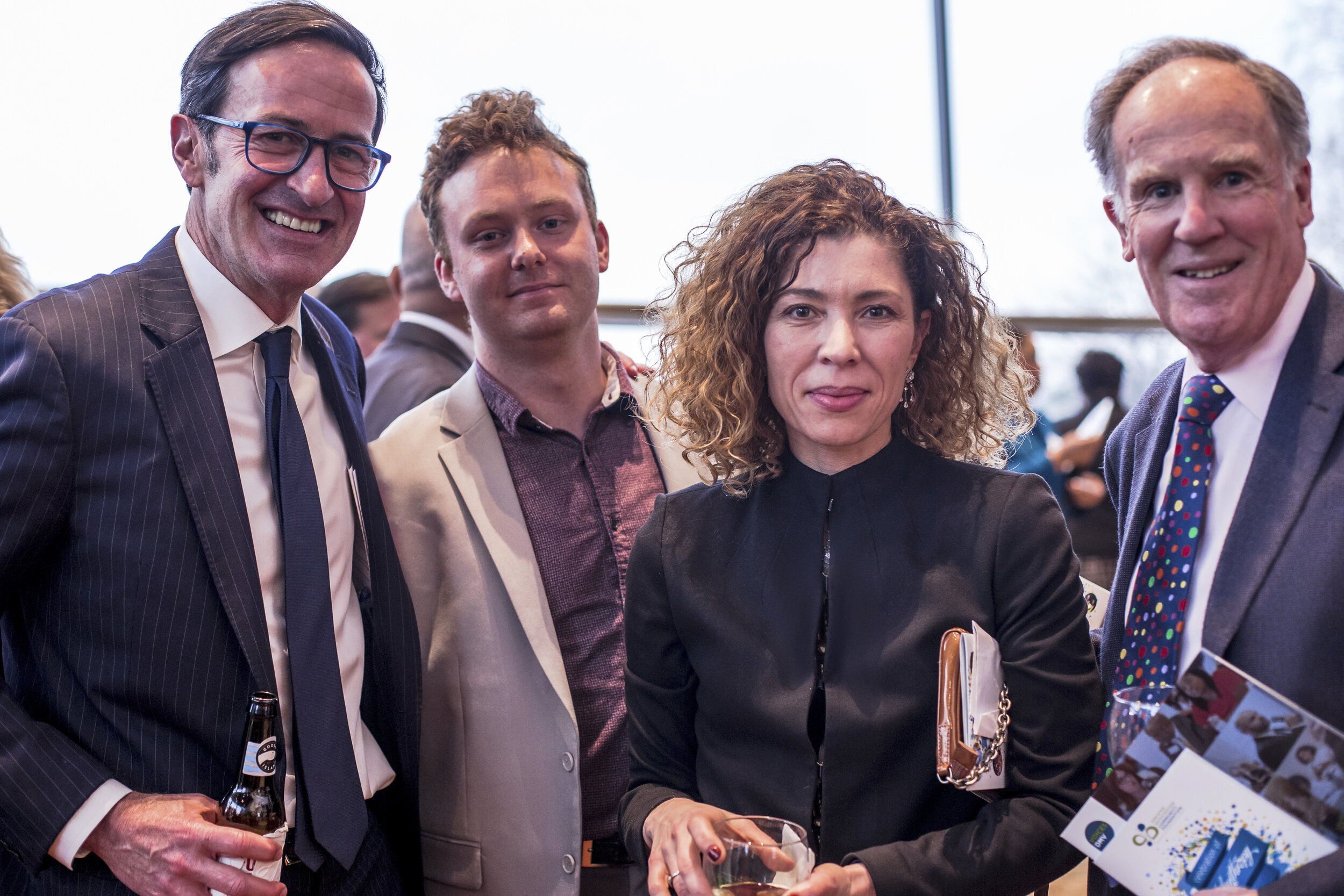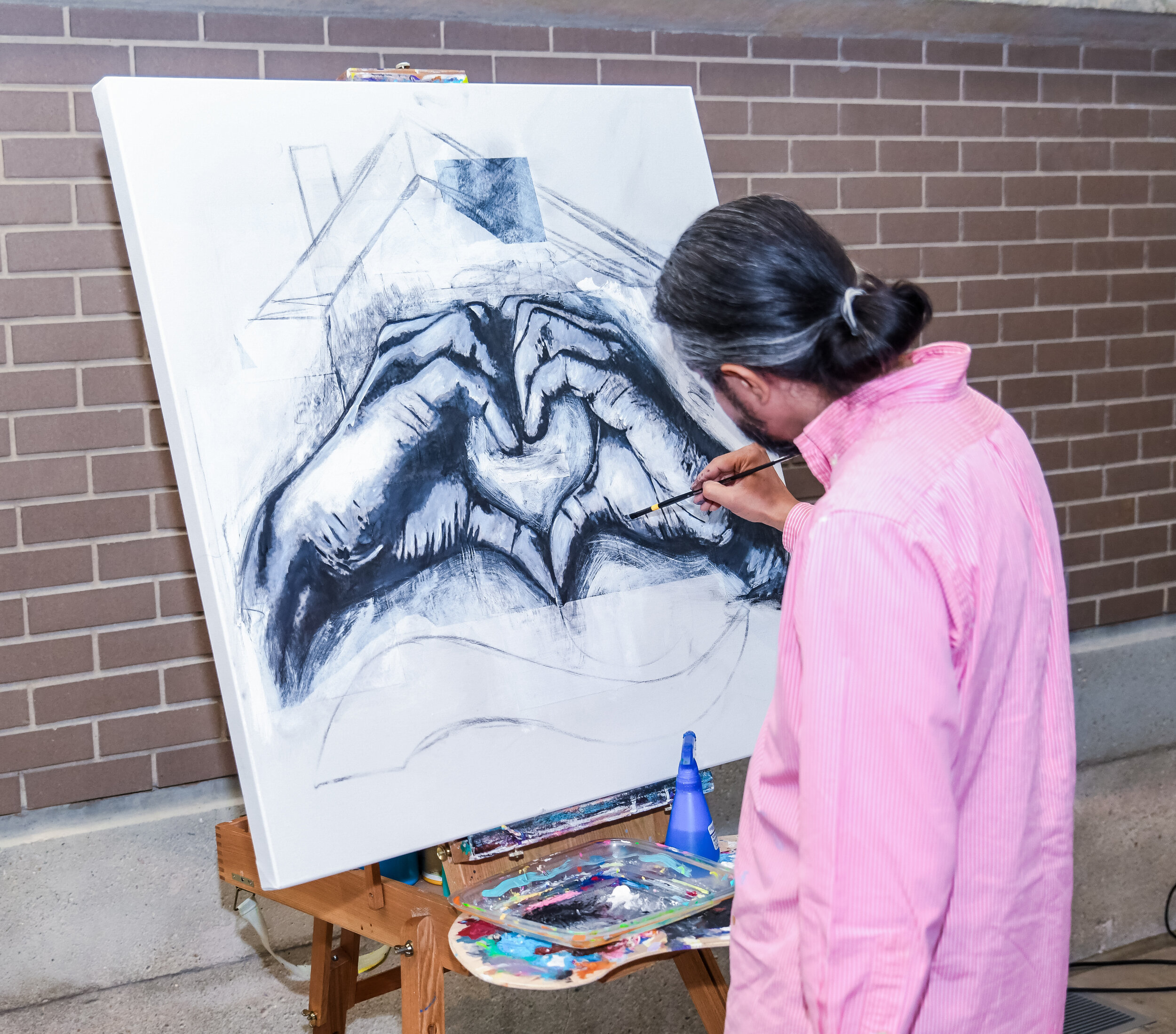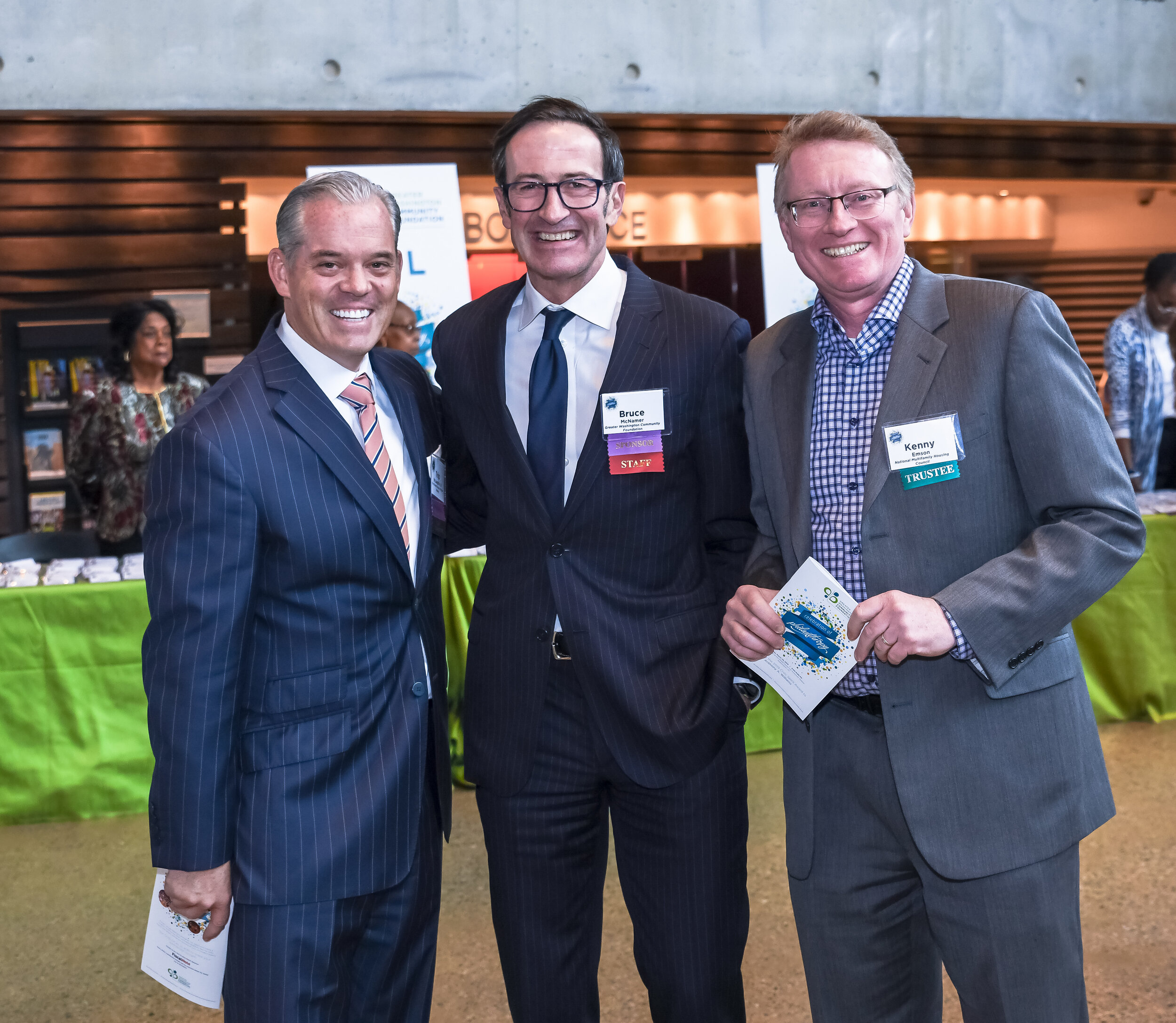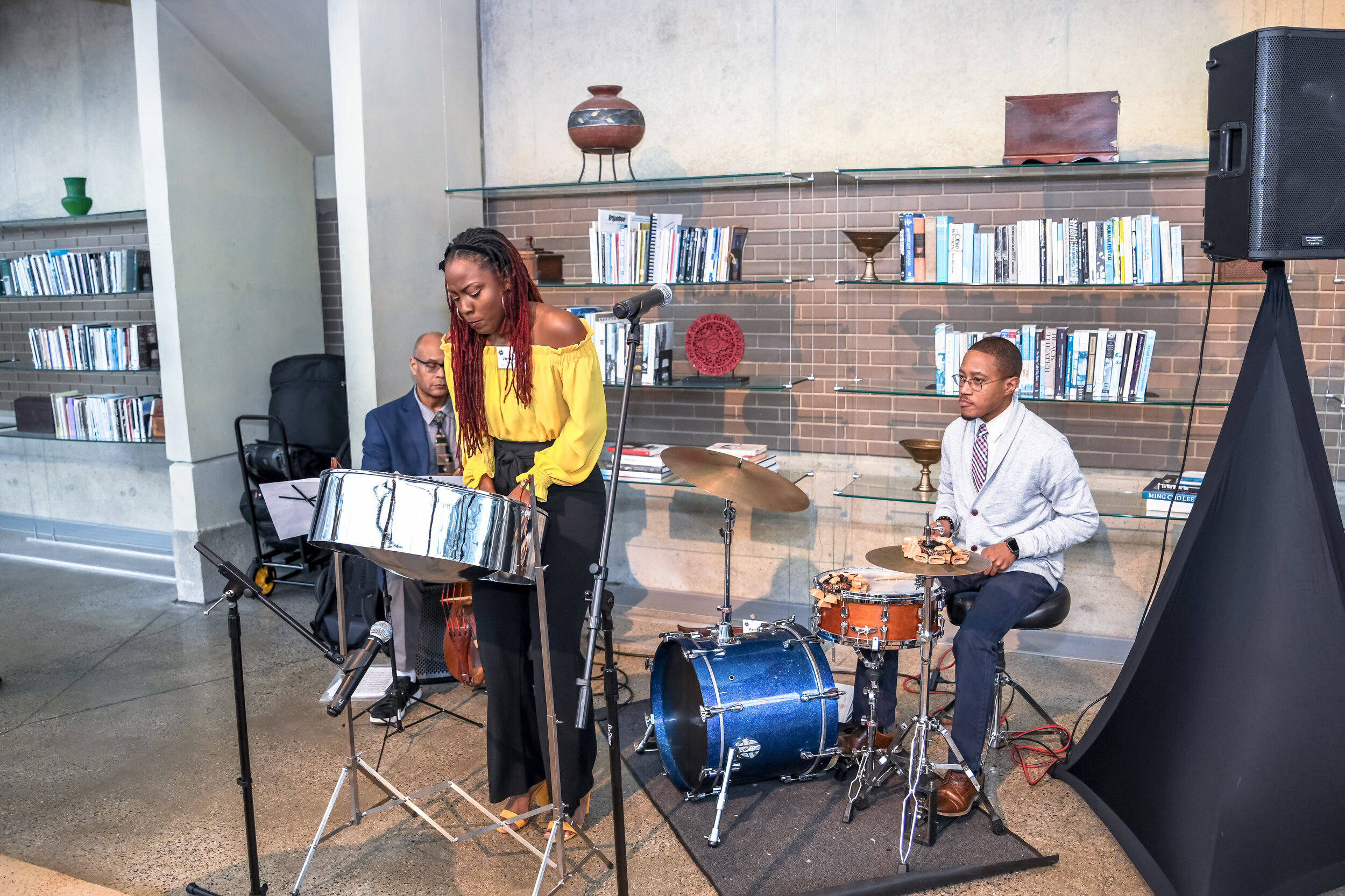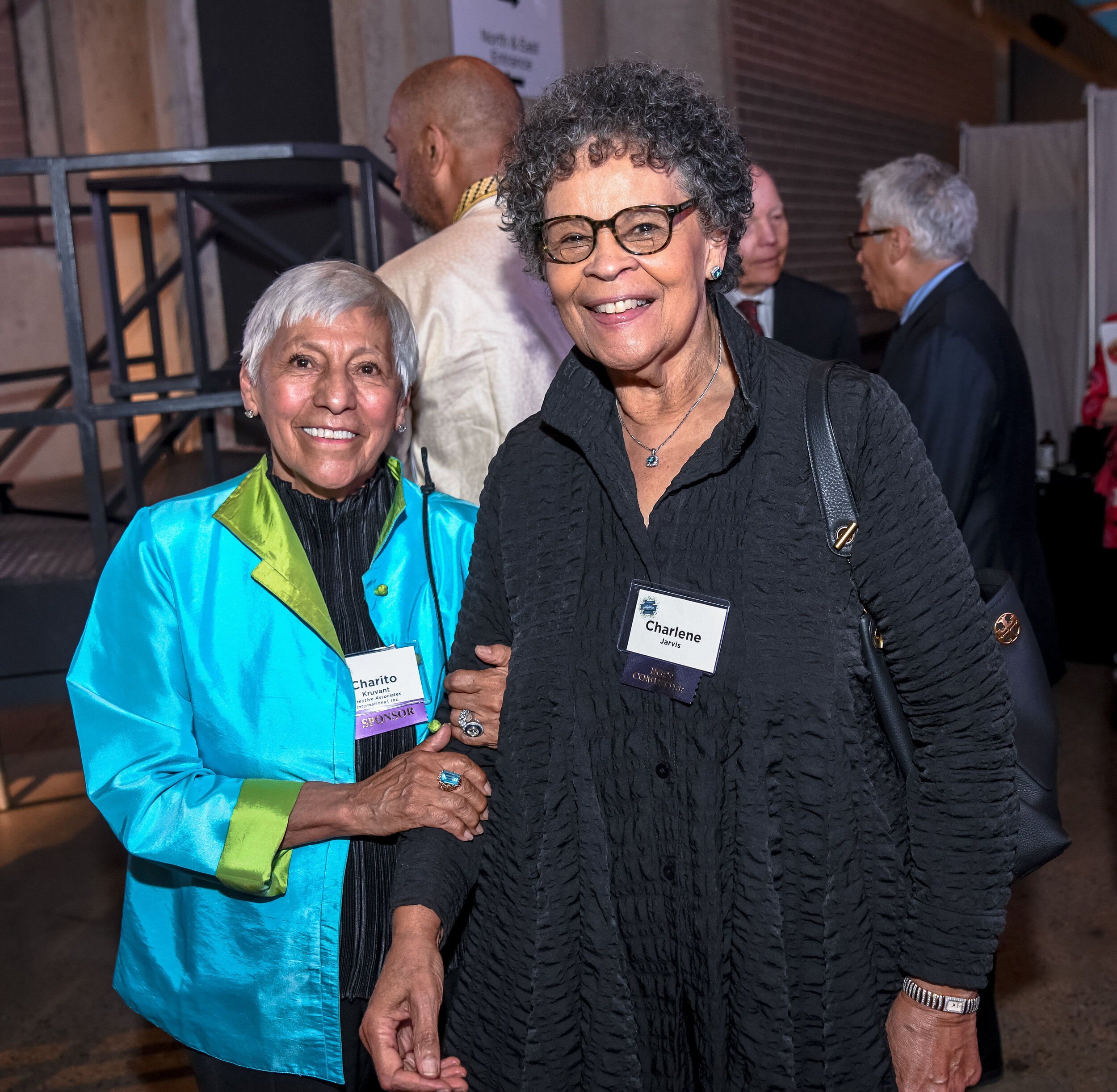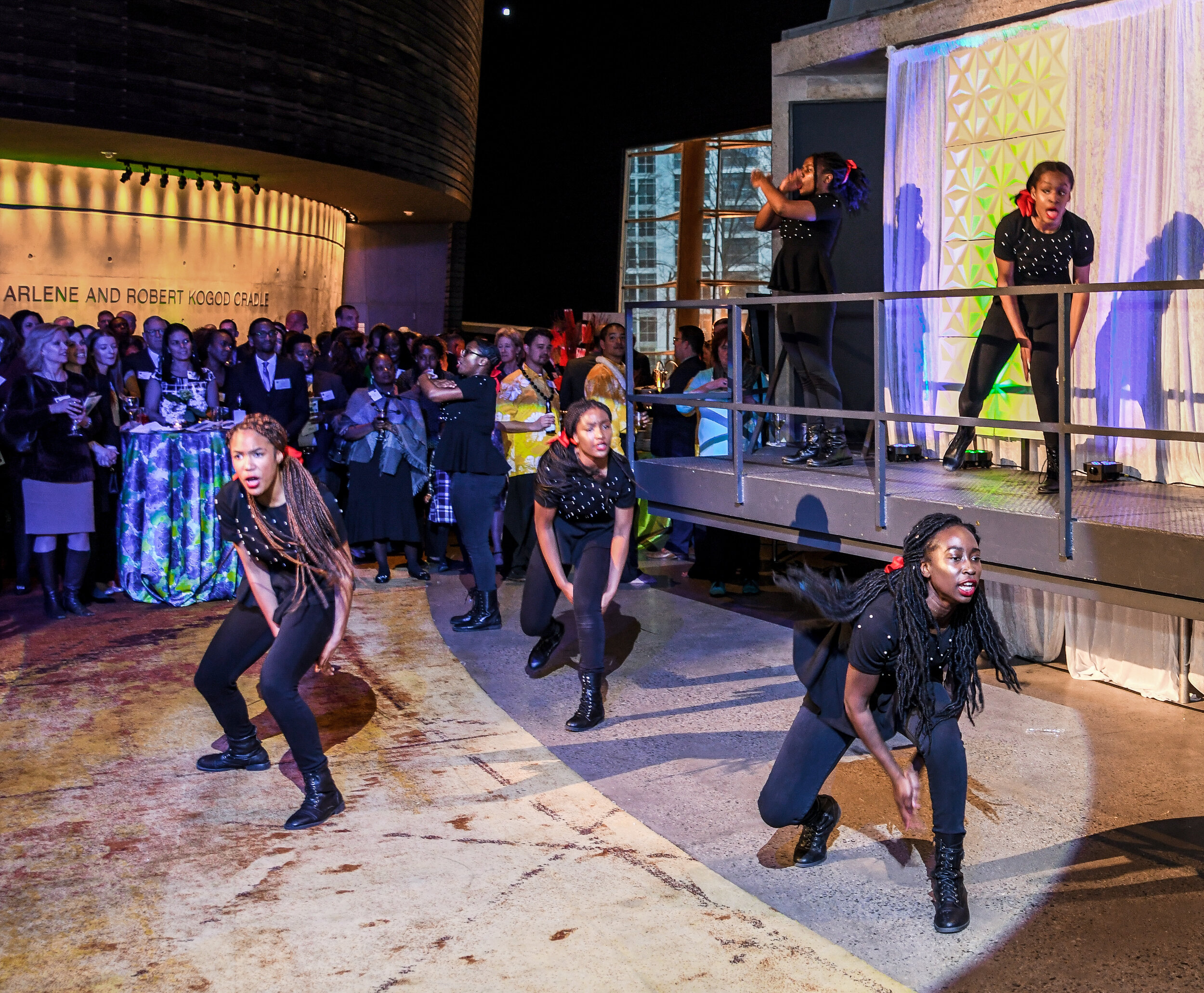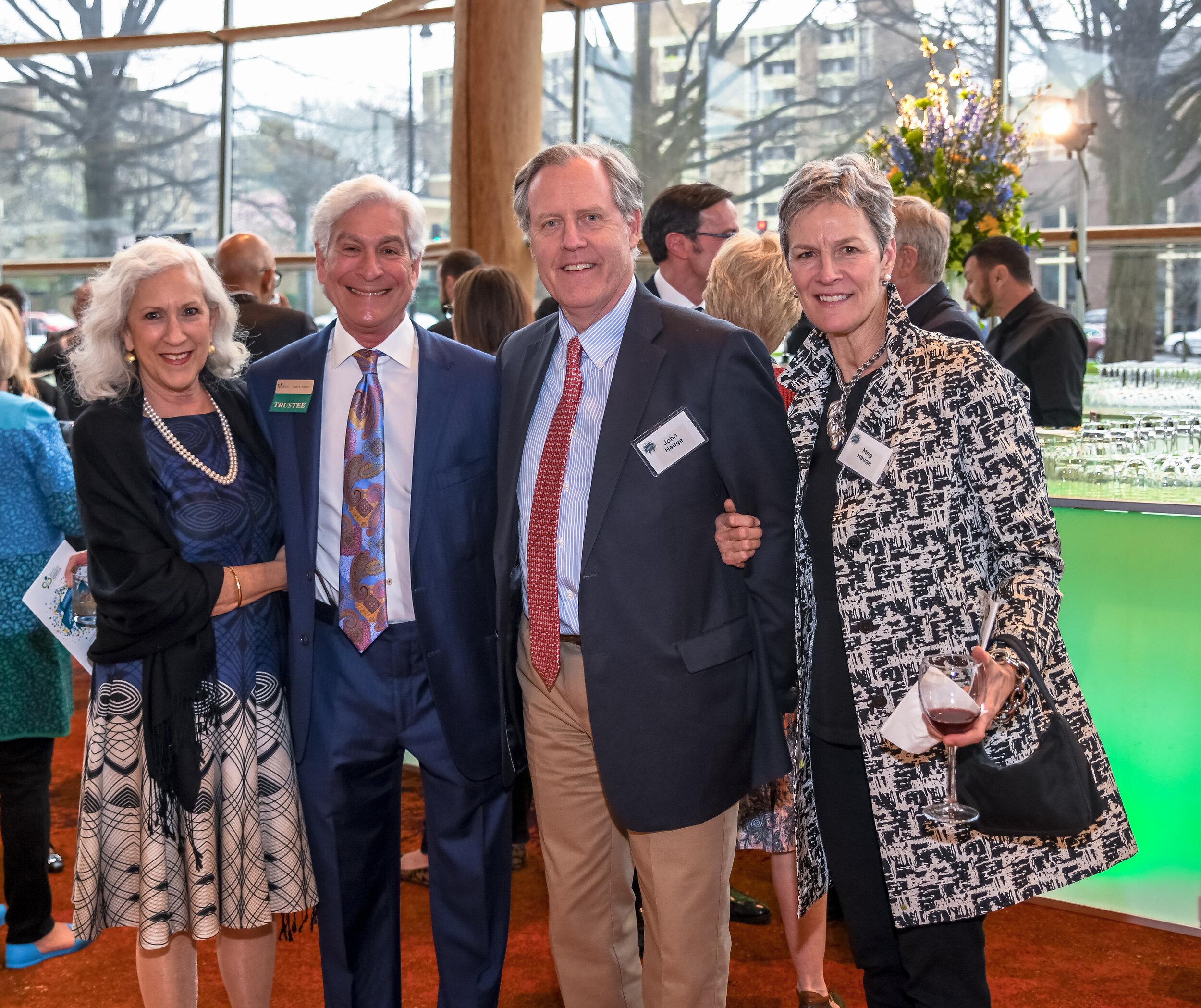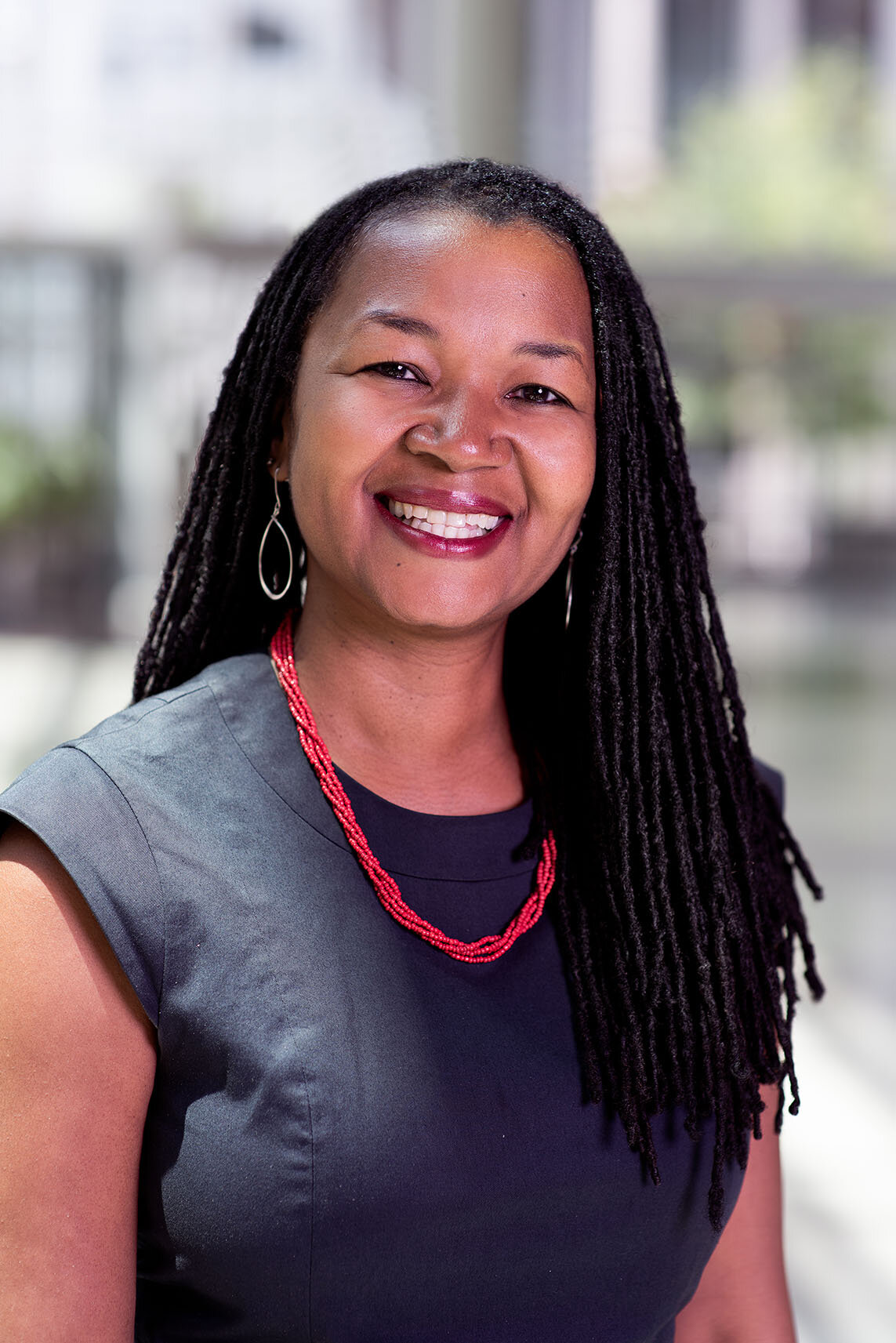Donation will support the four largest local community foundations serving residents of the Greater Washington region: ACT for Alexandria, Arlington Community Foundation, Community Foundation for Northern Virginia, and the Greater Washington Community Foundation – this five-part partnership is strategically positioned to support nonprofits at the frontlines of the region’s Coronavirus response
Local businesses, community groups, and individuals are encouraged to get involved
Arlington, VA—March 18, 2020 — Amazon has donated $1 million total to kick-start collaborative emergency COVID-19 response funds that will immediately benefit four local community foundations across the Greater Washington region who are working to support vulnerable populations disproportionately impacted amid the coronavirus outbreak. ACT for Alexandria, Arlington Community Foundation, Community Foundation for Northern Virginia, and the Greater Washington Community Foundation will each use these funds for grants to nonprofits addressing food insecurity, housing/shelter, and providing emergency financial assistance. This gift will allow each foundation to lean into their unique strengths and community connections to rapidly disperse resources to nonprofits with deep roots in our community and strong experience serving our most vulnerable neighbors.
The donation from Amazon to the four community foundations is coming at a critical time to bolster frontline services and safety net needs across the District, Maryland, and Virginia. The community foundations recognize that the fast-moving crisis will require both immediate action and long-range planning to best serve those most impacted. Amazon’s donation will be distributed to provide imperative flexible resources to organizations working with communities who are disproportionately impacted by coronavirus and the economic consequences of the outbreak including hourly workers, people experiencing homelessness, and the elderly.
“So many families in our community were already on the financial edge. The need for food, household items and emergency financial assistance is significant,” said Heather Peeler, president and CEO of ACT for Alexandria. “This support enables us to collectively help those who are hardest hit.”
“Our four organizations are working closely together to respond in a nimble way to address the most critical needs facing our neighbors,” said Jennifer Owens, president and CEO of the Arlington Community Foundation. “We know that we are stronger together and hope this gift will inspire others to jump in and do what they can to improve outcomes for our neighbors in need.”
“Amazon’s support allows us to deploy critical resources in response to the urgent health and economic needs of our communities,” said Tonia Wellons, interim president and CEO of the Greater Washington Community Foundation. “We are specifically targeting resources to low-income communities, hourly wage and gig economy workers, and people of color who will be disproportionately impacted. We also know that people experiencing homelessness and direct service providers face unique health risks that must be addressed.”
“As COVID-19 is a public health issue, our community foundations will seek input from public health officials to understand how philanthropy optimally folds into the greater community response,” said Eileen Ellsworth, president and CEO of Community Foundation for Northern Virginia. “This is also an economic issue, and to the greatest extent possible, we will use this gift to respond to the economic impacts of the virus in our service areas.”
“The Washington, D.C. area is our new home, and we must rally together to support our neighbors during this difficult time for our region and around the world,” said Jay Carney, Amazon SVP, Global Corporate Affairs. “In addition to making sure our Amazon customers can get the essentials they need, we will support our community partners who are doing life-saving work. Amazon’s $1 million donation to these four community groups will provide fast, flexible support to those who need it most and encourage a wave of additional community donations during this unprecedented time.”
“We are just coming to grips with the full scope of the impact of COVID-19 on our community,” said Justin Wilson, Mayor of Alexandria, Virginia. “The human service needs, economic impact and strains on our critical services will be with us long into the future. We have a resilient community and this contribution will help bring our City and our resident back stronger than ever.”
“Arlington welcomes Amazon’s donation to the Arlington Community Foundation,” Arlington County Board Chair Libby Garvey said. “We hope this is the first of many donations by Amazon and our other corporate citizens who recognize the need to partner with County government, and Arlington nonprofits during this public health crisis.”
The funds will be deployed in the District of Columbia, Montgomery and Prince George’s counties in Maryland through the Greater Washington Community Foundation; Fairfax, Loudoun, Prince William counties and the cities of Fairfax, Falls Church, Manassas and Manassas Park through the Community Foundation for Northern Virginia; the City of Alexandria through ACT for Alexandria; and Arlington County through the Arlington Community Foundation.
Other businesses, community groups, and individuals interested in the COVID-19 response funds can visit: www.thecommunityfoundation.org/covid-19-our-partners/#nova.
As a global company, Amazon is closely monitoring the impact of COVID-19. In addition to those who are affected by the illness, many more are indirectly dealing with changes in their work, school, and community environments. You can read more about how Amazon is supporting customers, their employees, and communities here.
Learn more:
ACT for Alexandria: www.actforalexandria.org
Arlington Community Foundation: www.arlcf.org
Community Foundation for Northern Virginia: www.cfnova.org
Greater Washington Community Foundation: www.thecommunityfoundation.org
About the Greater Washington Community Foundation
The Greater Washington Community Foundation exists to Build Thriving Communities by guiding strategic philanthropy, providing leadership on critical issues, promoting civic engagement, and inspiring local giving. Founded in 1973, The Community Foundation is a public charity made up of hundreds of charitable giving funds established by generous individuals, families, and businesses. We work with donors and partners to enhance the quality of life in the District of Columbia, Montgomery County, Northern Virginia, and Prince George’s County. As the region’s largest local funder, we manage $350 million in assets and have invested nearly $1.3 billion to build more equitable, just, and enriching communities where all residents can thrive.









